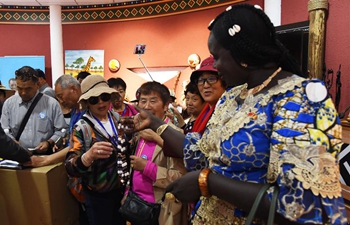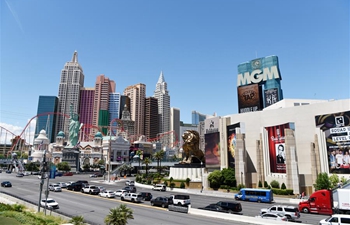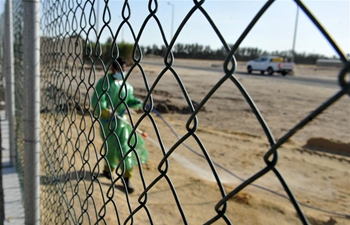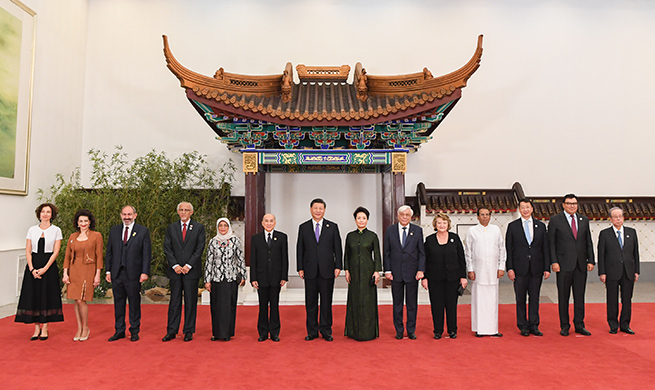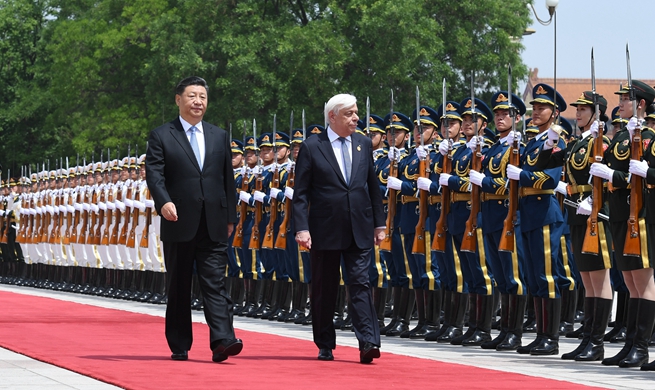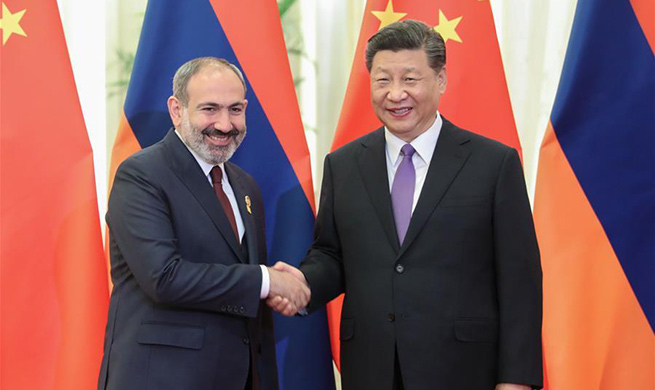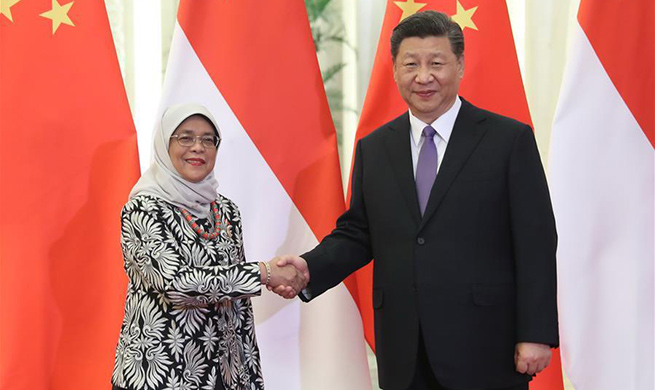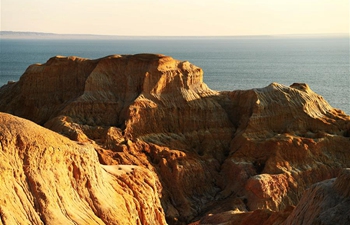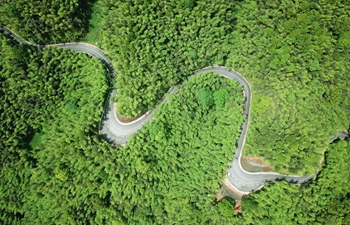HAIKOU, May 15 (Xinhua) -- The Hainan island, home to sprawling tropical rainforest, is drafting a general plan by June to build a national tropical rainforest park and making related legislation.
The park is an integral part of China's latest plan to build Hainan, also the country's largest pilot Free Trade Zone (FTZ), into a "national ecological civilization pilot zone."
As the target stipulates, substantial progress is expected to be achieved in environmental protection by 2020. The environmental quality and resource utilization efficiency are expected to reach world-leading levels by 2035.
The zone will focus on structured management of natural resources, coordinating conservation and development of land and sea, conserving the environment, exploring value from the environment, promoting green lifestyle and production, said Wang Qiang, head of the provincial water resources department.
By 2020, 98 percent of the days will have good air quality. Forest coverage is kept above 62 percent, and 95 percent of the main rivers and lakes will be free of pollution.
"The plan sets detailed targets for the quality of air, sea, rivers, and forests, which ensures the environment in Hainan will continue to get better, not worse," said Ge Chengjun, a professor with Hainan University.
GREEN DEVELOPMENT, BETTER LIFE
A tropical rainforest park covers 4,400 square kilometers in Hainan or one-seventh of the whole island. The forest, which accounts for one-third of the country's total, is home to over 200 rare and endangered species.
A national tropical rainforest park project went in effect on the island in January this year to protect and restore the eco-system, and strike a balance with the social and economic development of surrounding areas.
The forests are the traditional habitats for ethnic Li and Miao minority groups who suffer from poverty and conflicts between ecological protection and economic development, said Xiong Anjing, deputy director of the provincial government research office.
"The national park will be an opportunity to explore and institutionalize ways to protect natural resources while eradicating poverty," Xiong said.
The plan for the national ecological civilization pilot zone also proposes exploring value from ecological products, including ecological agriculture and tourism, and green finance.
"Hainan's economy is still underdeveloped. The government authorities need to find more ways to convert the ecological advantages into economic wealth," said Wang Yiwu, dean of the Hainan Institute of Modern Management.
Hainan is in a good position to restructure industries, and develop tourism, tropical agriculture, modern service industries, and high-tech industries, he said.







